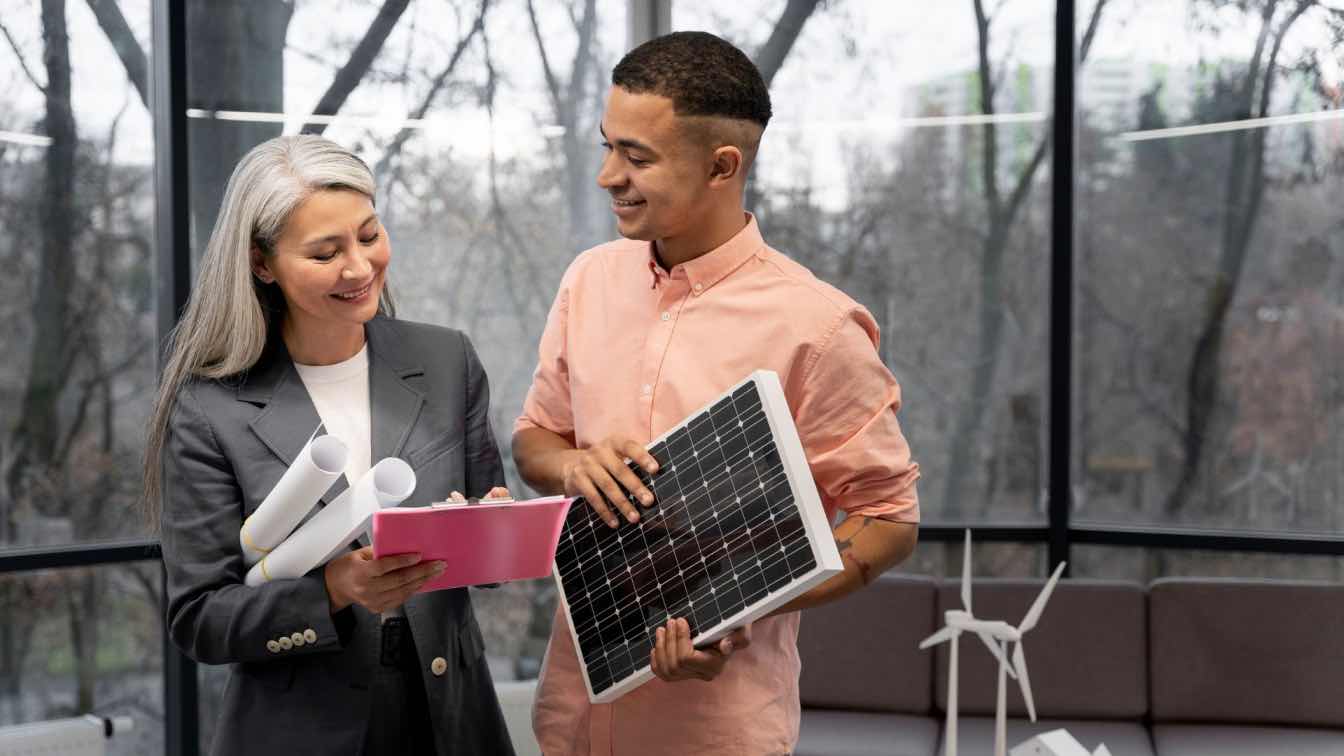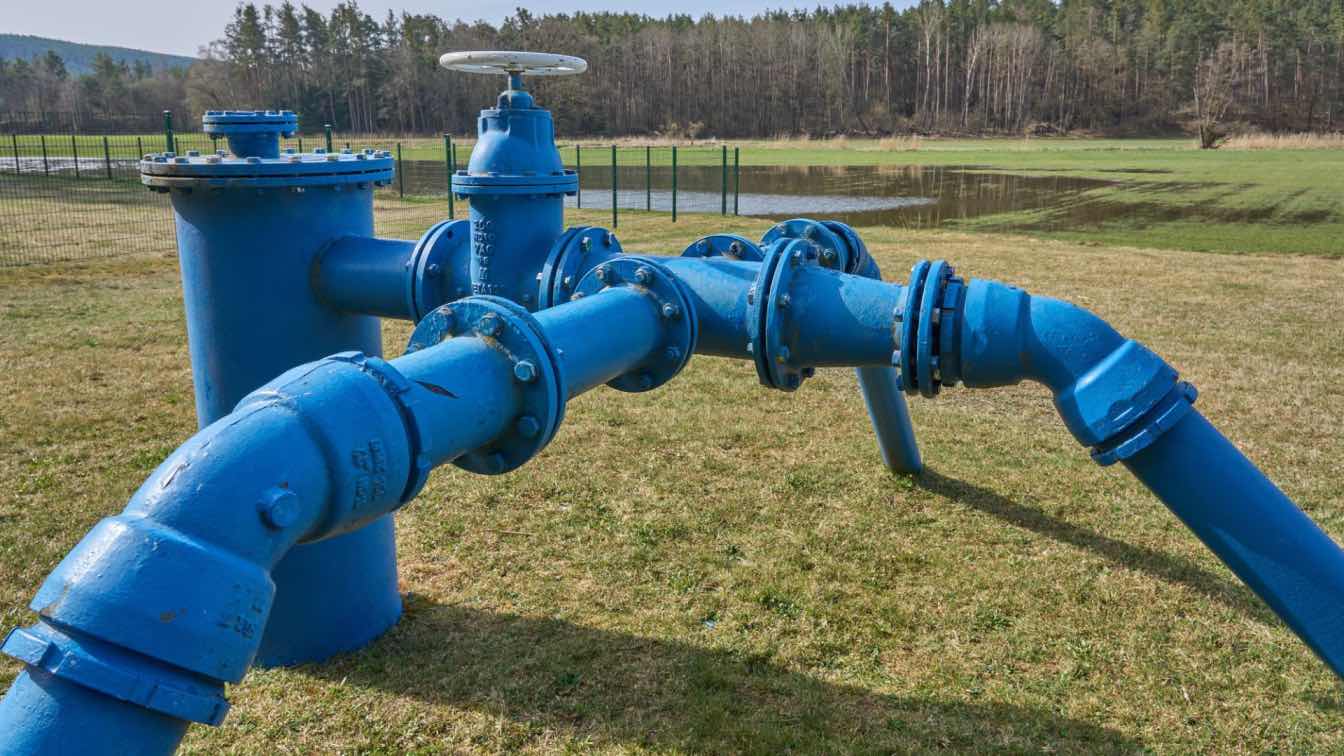Amidst today's era of environmental awareness and soaring energy expenses, the allure of solar panels has grown for homeowners aiming to cut carbon footprints and trim electricity bills.
Yet, the upfront costs of solar panel procurement and installation can pose a barrier for many. Enter solar panel leasing - an accessible, budget-friendly alternative for sun-seekers keen on sustainability without draining their pockets.
In this article, we'll dive into the basics of solar panel leasing for 42 months and what homeowners should consider before committing to a lease.
Ready? Let's dive right into it!
Understanding Solar Panel Leasing
Solar panel leasing offers homeowners the opportunity to harness solar energy advantages without the need for substantial initial investments. By opting for a lease arrangement with a solar company, homeowners can avoid the outright purchase of solar panels and instead pay a monthly fee for utilizing the panels over a specified period, usually spanning 20 to 25 years.
Interestingly, there's a growing trend where homeowners have the option to lease solar panels for a shorter duration of 42 months, providing flexibility and shorter commitment periods for those interested in exploring solar energy benefits.
Why 42 Months?
Leasing solar panels for 42 months is a great option for homeowners. It's not your typical long-term contract in the solar industry. This shorter commitment gives flexibility and lets homeowners enjoy solar energy benefits without being tied down.
Plus, the 42-month term lines up well with typical household agreements, making planning and budgeting easier for those looking into sustainable energy solutions.
Additionally, the 42-month lease option allows for more frequent upgrades and technology advancements. Since solar panel technology is constantly improving, leasing for a shorter duration means homeowners can take advantage of newer, more efficient panels sooner.
This also allows for a lower upfront cost compared to purchasing and installing new panels every few decades.
Benefits of Leasing Solar Panels for 42 Months
Leasing solar panels for 42 months can offer several benefits, depending on individual circumstances and preferences. Here are some potential advantages:
Reduced Financial Commitment
One benefit of leasing solar panels for 42 months is the lower cost. This is compared to buying or entering a longer lease. The costs are lower at the start. The terms are shorter. Homeowners can enjoy the advantages of solar energy without a big cost.
Immediate Savings
Leasing solar panels allows homeowners to start saving on their electricity bills immediately. By making their own clean energy, homeowners can rely less on grid power. This leads to lower monthly bills.
Maintenance and Repairs Included
A solar panel lease agreement includes maintenance and repair services. They relieve homeowners of the hassle and cost of upkeep. If the solar panels have issues during the lease, the leasing company will fix them. This won't cost the homeowner anything.
Environmental Benefits
By using the power of the sun to make electricity, homeowners who lease solar panels can cut their carbon footprint a lot. Solar energy is clean and renewable. It is an eco-friendly alternative to fossil fuels.
Considerations Before Leasing Solar Panels
While leasing solar panels for 42 months offers many benefits, it's essential to consider a few factors before making a decision:
Lease Terms and Conditions
Before signing a lease, homeowners should review the terms outlined by the solar company. Pay attention to details. These include monthly lease payments, escalator clauses, and buyout options. Make sure the agreement fits your financial goals and needs.
Solar Panel Performance
Before signing a lease, homeowners should research the performance and efficiency of the solar panels on offer. Investing in high-quality panels can maximize energy production and savings over the lease term.
Property Suitability
Not all properties are suitable for solar panel installation. Factors like roof orientation, shading, and structural integrity can affect solar panel effectiveness. Before leasing solar panels, homeowners should get a professional assessment. It will determine if their property is suitable for solar energy.
Location, Location, Location
The location of a property can also affect the performance of solar panels. Areas with high levels of sunlight and minimal cloud cover are ideal for solar energy production.
For example, if you are installing solar panels in Columbus, Ohio, you can expect to generate about 1,100 kilowatt-hours of electricity per year. In comparison, homeowners in Honolulu, Hawaii can generate over 2,600 kilowatt-hours per year.
Financial Considerations
Leasing solar panels can be a wise option for many homeowners. There's typically no upfront payment, and monthly costs are often lower than standard electricity bills.
However, ensure you carefully review the agreement to align it with your credit requirements and financial objectives. Consider potential financial adjustments during the lease, such as income fluctuations or unexpected expenses.
Environmental Impact
By putting up solar panels, you can really cut down on your carbon footprint and help out the environment. But here's the thing - leasing them might not be as eco-friendly as owning them.
Why? Well, when you lease solar panels, the company might not always dispose of or recycle them in the greenest way once the lease is up. Just something to think about!
Maintenance and Repairs
One great thing about leasing solar panels is that the leasing company usually takes care of maintenance and repairs. This can really save homeowners from surprise costs if a panel needs fixing or replacing.
But, it's crucial to go through the agreement details to make sure all maintenance and repair costs are covered. Also, ask about how quickly they respond to repairs to make sure any problems get sorted out fast.
Tax Incentives
Another advantage of leasing solar panels is the potential for tax incentives. In some cases, homeowners may be eligible for federal and state tax credits or rebates when they lease solar panels. These incentives can help offset the cost of leasing and make it more affordable for homeowners.
Embracing Solar Energy for 42 Months and Beyond
Leasing solar panels for 42 months gives homeowners a super easy and cheap way to go solar. They can do it without shelling out big money upfront. You get to enjoy immediate savings, help the environment, and have less financial stress. It's a win-win!
Just think about things like lease terms, how well solar panels work, and if your property is a good fit. Take your time to decide, and then you can soak up the benefits of solar energy for years to come. So, whether you're in Columbus or elsewhere, why not lease solar panels for 42 months? They'll power your home sustainably and efficiently.
Don't stop your journey here! Dive deeper into our wealth of resources by exploring more articles on our blog.





